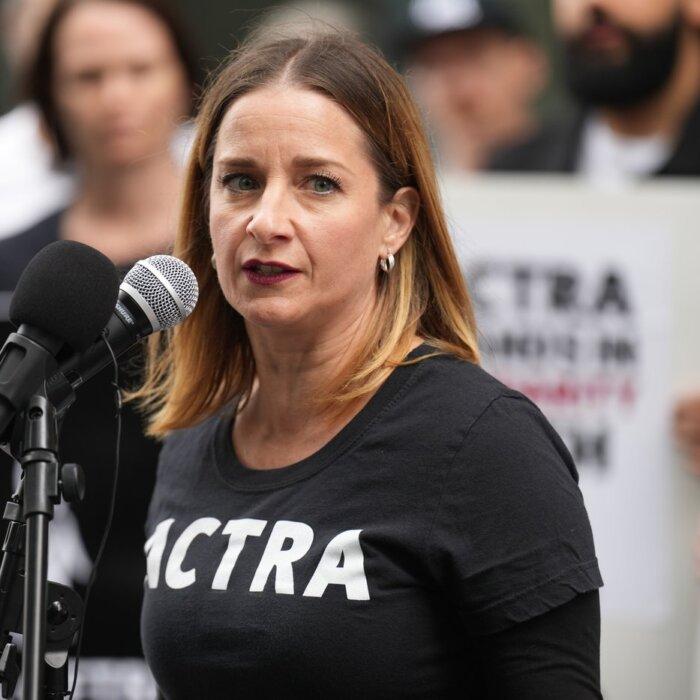One of Britain’s largest music royalty collectors has exceeded the £1 billion revenue mark for the first time in its 110-year history.
PRS for Music, a music collective management organisation representing the rights of more than 165,000 songwriters, composers, and music publishers, including Sam Smith, and Shania Twain, announced record royalty distributions on Tuesday.
It said that it paid out a record £943.6 million of royalties for songwriters, composers, and music publishers.
A Billion-Pound Society
The Performing Right Society, later PRS for Music, was founded in 1914 by a group of music publishers, including William Boosey and Oliver Hawkes, to protect the value of copyright and help provide an income for composers, songwriters, and music publishers.It said that in 2023 it became “a billion-pound society” collecting a £1.08 billion in revenues, a more than 12 percent (£120.9 million) increase on 2022. It represented the rights of 41 million compositions and songs from around the world in 2023.
“We’re orchestrating a significant shift in the music business,” it said.
Music Used Online
Royalties from music used online (music streaming, video-on-demand and video games) saw the highest year-on-year percentage growth.“Escapism” by RAYE ft. 070 Shake, “Calm Down” by Rema, and “Boy’s a Liar” by PinkPantheress, were just some of the most streamed tracks of the year featuring PRS writers.
New seasons of acclaimed dramas “The Bear,” “The Crown,” “Succession,” and “Top Boy” were released last year, all of which featured music by PRS composers and songwriters.
“Barbie” was one of the most streamed pay-to-watch movies at home in the UK, featuring “Dance the Night” by Dua Lipa. It said the film “Saltburn” caused “chart disruption” with an infamous usage of Sophie Ellis-Bextor’s “Murder on the Dancefloor.”
Arctic Monkeys, Burna Boy, and Busted were among those earning for live music tours in the UK last year. UK events such as Eurovision being hosted in Liverpool and Download Festival also contributed to this result.
AI
The music industry was once deeply concerned about the impact of piracy on revenue. However now there are fears regarding potential threats and challenges and potential uses of artificial intelligence in the music industry.“We ignore the necessity to sow policies, which will harvest the benefits of AI, and help stave off the threats it poses, at our peril,” said All-Party Parliamentary Group on Music chair and Labour MP Kevin Brennan.
The “Artificial Intelligence and the Music Industry—Master Or Servant?” report expressed concerns that unfettered developments in AI could compromise the creativity and authenticity of music production.
The APPG called for a “UK AI act” that would aim to enhance personality rights, strengthen UK copyright laws, and introduce transparent labeling for AI-generated materials.
It said that AI-generated works, or AI-generated elements of works, are mostly not protected by copyright because copyright has to be a human part of human creativity.
It noted that in Tennessee, the Ensuring Likeness, Voice, and Image Security Act, or “ELVIS Act,” will be in effect from July 1, 2024 and makes it illegal to replicate an artist’s voice without their consent.







